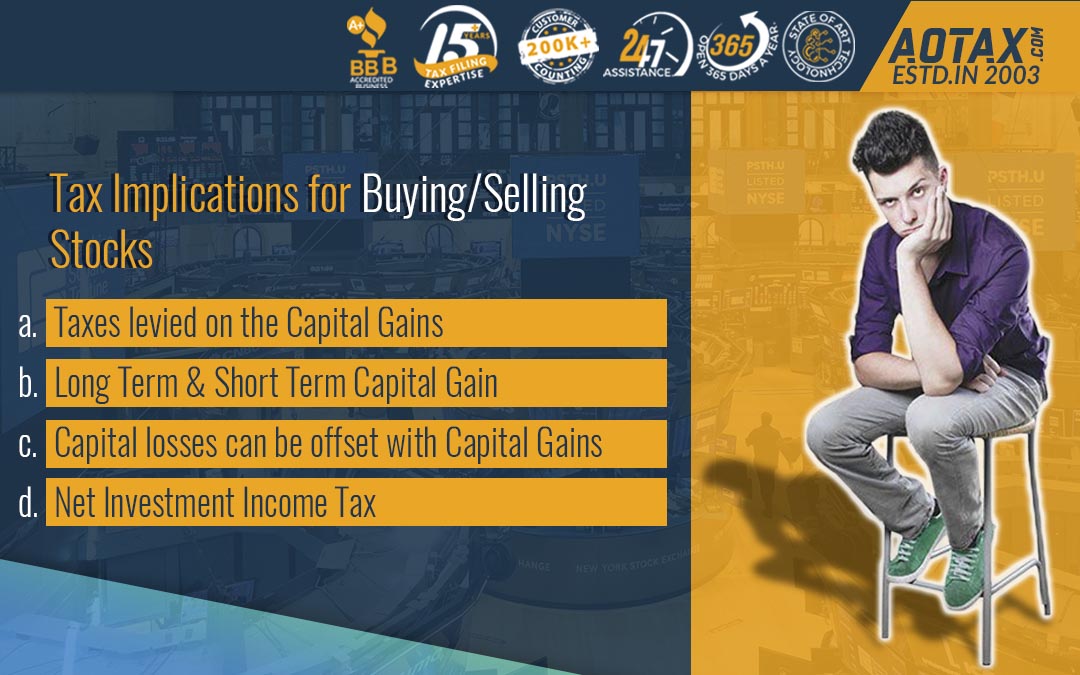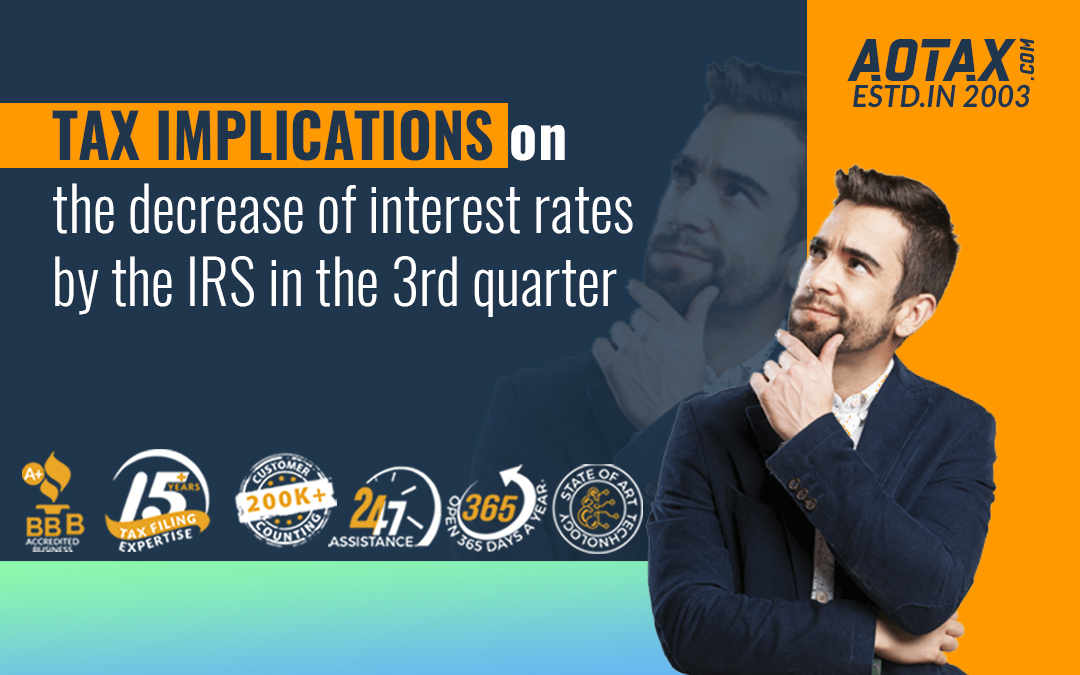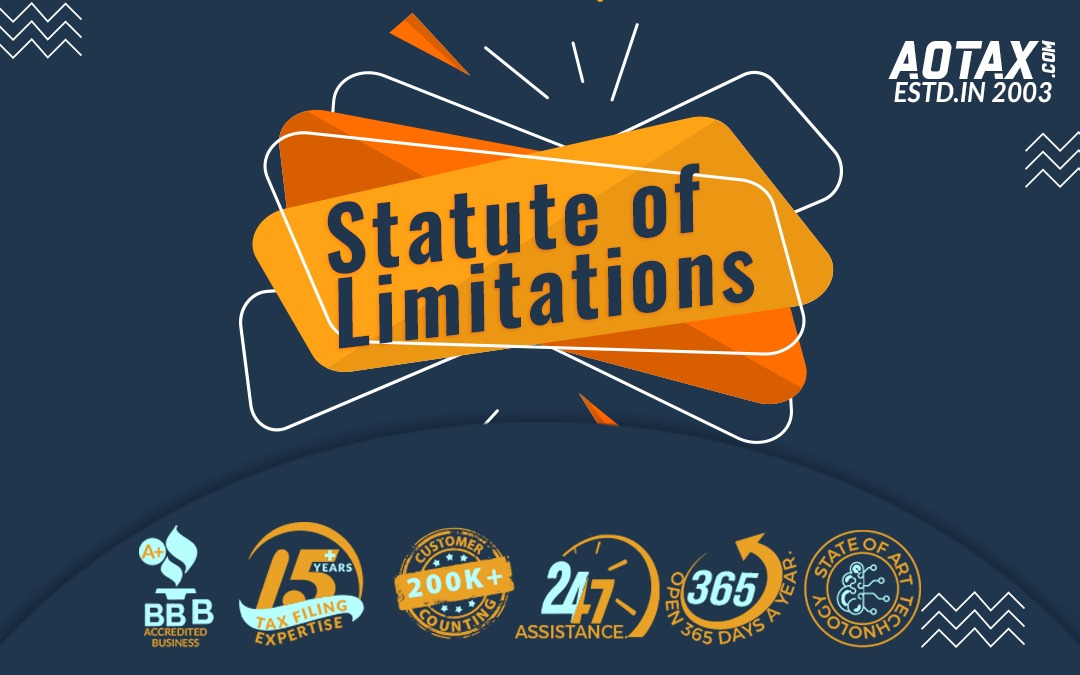Tax Implications for buying/selling stocks
Tax Implications for buying/selling stocks

The pandemic COVID-19 has created an adverse impact on the economy of the entire world. Millions and millions of Americans have taken the advantage of the low stock prices and purchased many stocks. Many have sold their stocks and withholdings due to market fluctuations and economic causes too.
However, if you have sold or even purchased stocks during this pandemic stricken period you must be willing to understand various tax implications on this. Moreover, you might also be inquisitive to understand the differences between long term and short term capital gains.
So, let us talk about some of the major areas and topics associated with the tax implications on the stock market.
Taxes levied on the Capital Gains
On selling of the shares of winning stock, you would have created Capital Gains. If you are selling your shares during a downturn, you must keep in mind that you might obtain again depending on the duration for which you have held the stock.
Suppose, you have sold a stock at a rate of $80 per share, which is d downturn from the $100 price of each share. You might think that this stock has lost its value and is apt for sale; however, if you would have purchased the stock before 10 years at the cost of $20 for each share you will have a $60 gain and not a $20 loss on each share.
So, in case you had 100 shares of that stock your cost price at the $2000. By selling the shares at $8000, you would be able to recognise a long-term capital gain which would be at around $6000.
In case, you are in the tax rate bracket of 15% long term capital gains then you would have to pay federal taxes of around $900 when the stocks are being sold.
Long Term Capital Gain and Short Term Capital Gain
In case you have been holding a security for a period of more than 1 year, then on the sale of that security, you will be eligible to obtain long term capital gains at the tax rates of 0%, 15%, or 20% based on the income.
- However, if you obtain the same gain from the sale of stocks which have been held for one year or even less then the short-term capital gains would be taxed at the same rate as that of ordinary income i.e. 10%, 12%, 22%,24%, 32%, 35% or even 37%.
- If you are married and you have a combined taxable income of $150, 0000 along with your spouse. When this is your income level, you can have a long term capital gains tax rate at 15% and your Federal Income Tax rate would be 22%.
- Then the capital gain of $6000 which you have obtained by selling security which you have held for one year or less would be $1320 and not $900.
Capital losses can be offset with Capital Gains
You should not feel disheartened if you have sold the losing stock and have faced capital losses. You can offset your capital losses with your capital gains. This procedure is known as Tax harvesting where investors realize their capital losses and offset their capital gains.
Suppose, you had a capital gain of $10000 from the sale of a particular stock whereas, you experienced a capital loss of around $8000 on the sale of another stock. So, in this case, you can deduct the capital losses from capital gains. You would obtain $2000 long-term capital gain thus, reducing your capital gains and taxes.
For instance, if your capital losses are greater than your capital gains, then you can deduct up to $3000 in a year in the form of allowable capital losses against the non-investment income. This would help lower your overall taxable income.
However, in the case of 2020 if there has been a loss of $8000 by the sale of stock then there are no gains offset it against. You can deduct $3000out of that loss against the non-investment income. The remaining $5000 can be easily carried forward into the subsequent years. This can be either deducted against the future capital gains or can also be written off against the non-investment income. This can be done at the rate of $3000 in a year until the complete loss has been deducted.
Net Investment Income Tax
This is an additional tax that you might face depending on your income. The IRS had started implementing the Net Investment Income Tax for partial funding of the Affordable Care Act.
By this, an additional tax of 3.8% would be imposed on your investment income if the thresholds are exceeded by your Modified Adjusted Gross Income.
These thresholds can be listed as
- Married jointly- $250,000
- Married but filing tax returns separately – $125,000
- Single or the Head of a household – $200,000
- You re a qualifying widow/widower along with a child – $250,000
The Net Investment Income Tax applies not only to the income from capital gains but also the investment income which has been derived from dividends, interest, rental income, royalty income, and also non-qualified annuity income.
Conclusion
So, this information would be helpful for you in understanding the various tax implications imposed on the purchase or sale of stocks.

















Recent Comments